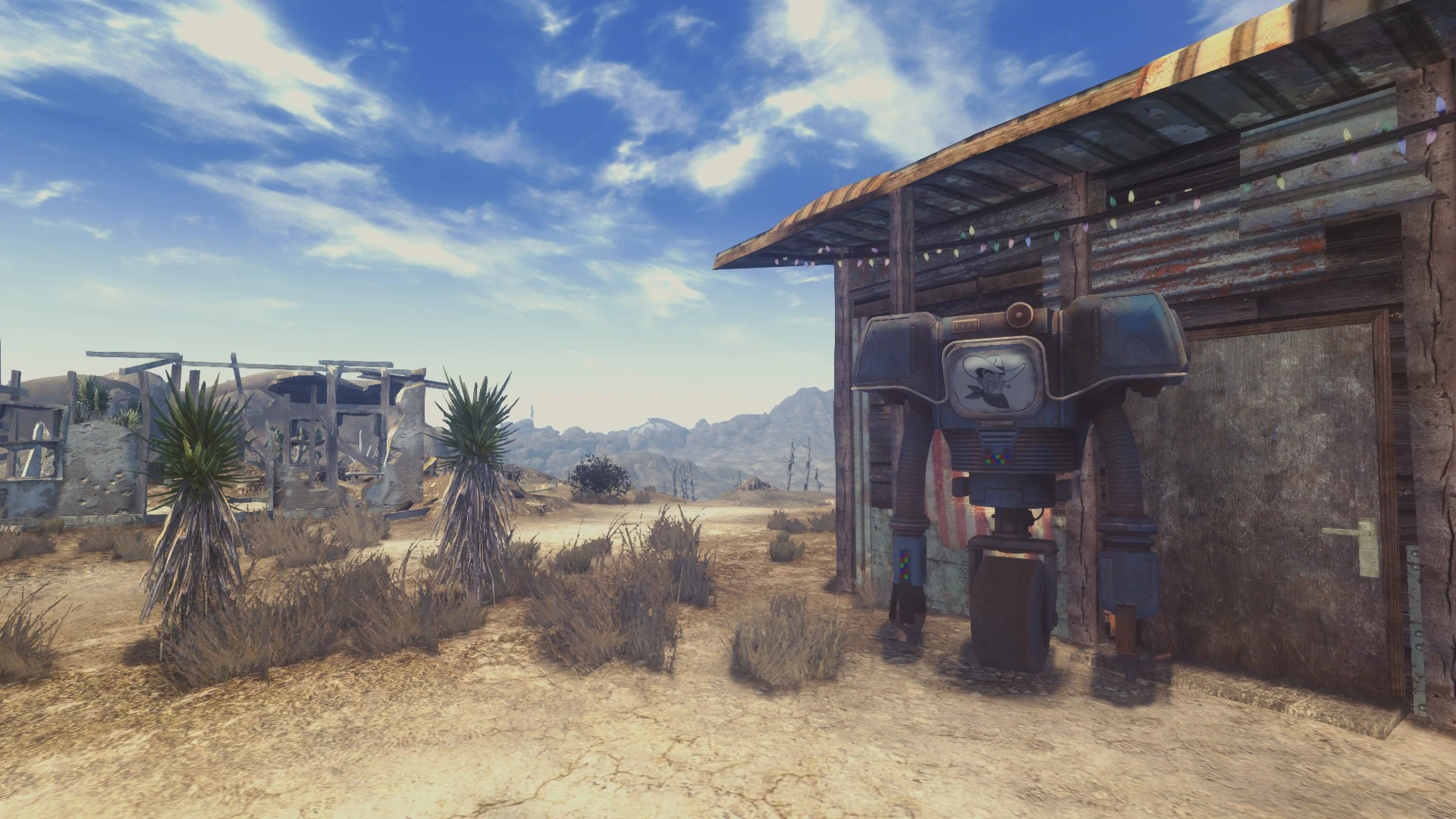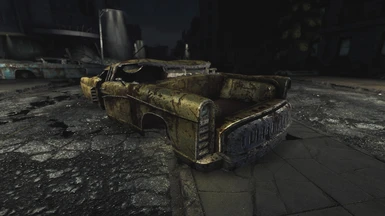

When I left the hospital, however, I found that everything else had changed: I had little to no friends left, and the vibrant town that I called home soon became desolate, boring, and disappointing.įortunately, I still had a couple of amazing pals from university, and they invited me to join them in South Korea, where they were teaching English to children in Gwangju. My month-long stay in the psych ward did me well, and I was able to put many of the pieces of my life back together in a short amount of time. I did not want my bipolar to determine my fate.

I was hospitalized and made it through with the help of a new psychiatrist and my own will to live. My Personal Blow Out with BipolarĮarly in my journey with bipolar, I was fraught with depression and struggling with dark thoughts. Like the time that I moved to South Korea to teach English two months after my second hospitalization‚ nearly toppling my whole world. I understand this, through lessons I learned the hard way. Remember, it’s important for every one of us to understand that we are responsible for our actions, no matter how difficult that responsibility may be to accept. Most of the incidents that negatively impacted my life took place during the first few years of my diagnosis, and I am willing to share those experiences for the sake of imparting some wisdom to those who are newly diagnosed or are early in their journey with bipolar. Many times, we face damaging mood episodes that, perhaps with greater self-awareness or more education about bipolar, we could have been able to avoid or mitigate progressing to full mania or depression, limiting the harmful or painful fallout in our lives.


Sometimes we face difficult, damaging, even traumatizing life experiences. Here’s how I learned to mitigate these “blowouts” and manage the hard feelings that follow. When mood episodes turn our lives upside-down, the emotional fallout can seem overwhelming.


 0 kommentar(er)
0 kommentar(er)
